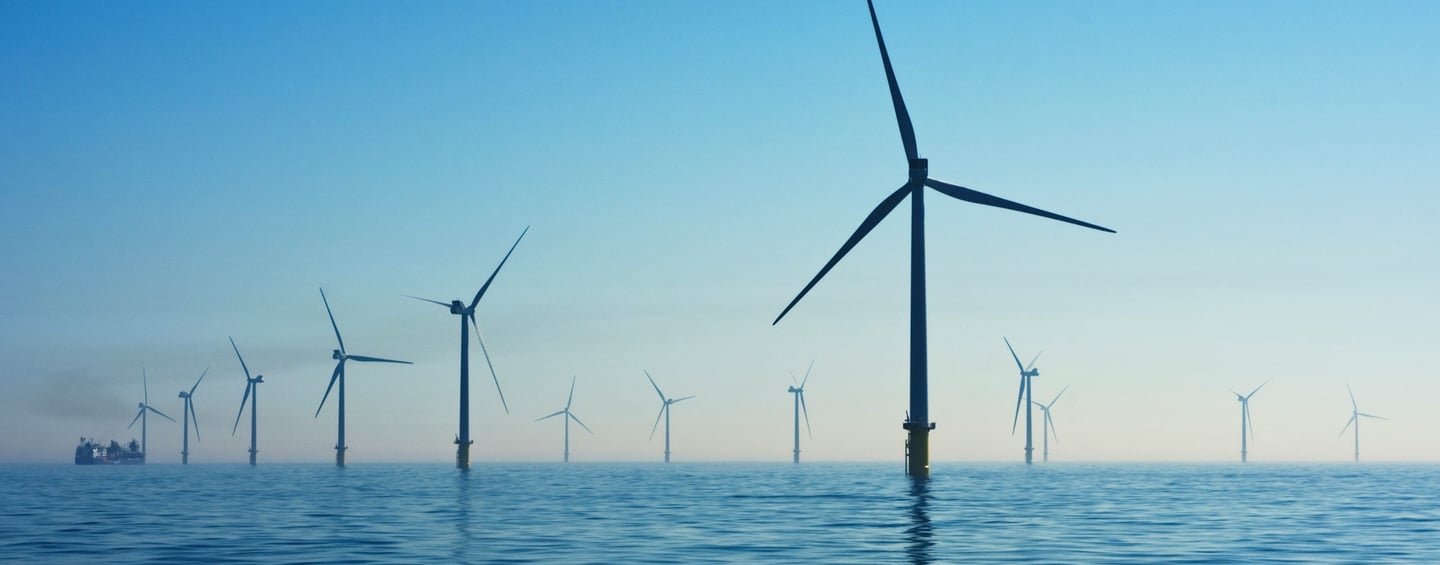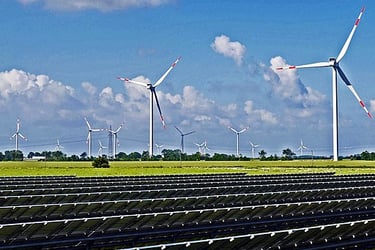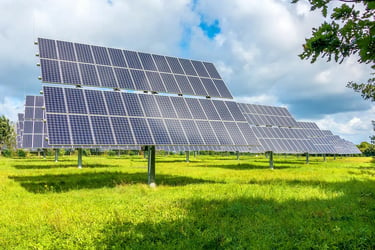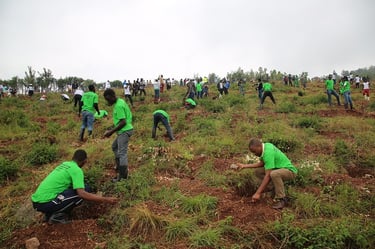The links below highlight the progress countries across the world have made on the road to net zero by 2050 and what more needs to be done to prevent +3°C .
The 2023 COP28 UN Climate Change Conference was attended by no fewer than 2,456 oil and gas lobbyists, desperate to avoid governments signing up to phase out the use of fossil fuels. They succeeded. The words 'phase out' were replaced in the signed agreement by 'move away from carbon energy sources in a just, orderly and equitable manner.' Just. Orderly. Equitable. This was hailed as an agreement that signaled the “beginning of the end” of the fossil fuel era. What the world and every life form on it urgently needs is the "end of the end". A year later, climate scientists in the free world were pressing climate alarm buttons:
The measures proposed in the final section of this website aren't radical or extreme. Ever since the dawn of the 21st Century, climate scientists have been pressing world leaders to take these steps. But we have fashioned our civilisation around the energy derived from fossil fuels. Unsurprisingly therefore, fast-tracking the transition to renewable energy is facing a tidal wave of opposition around the world. Too many people in positions of power have their fingers in fossil fuel pies; too many communities rely on the industry for jobs; and for countries with vast, untapped reserves of coal, oil and gas, it makes no economic sense to leave them in the ground. Except it does because the cost of climate change, as we are already learning, will ultimately bankrupt both developing and developed nations.
"The world is already facing deadly consequences from climate change. To avoid much more dangerous and costly impacts, we need to limit global temperature rise to 1.5°C. But countries aren't aiming nearly high enough. This target requires slashing emissions 42% by 2030 and 57% by 2035, relative to 2019. Current policies will achieve less than a 1% reduction by 2030 and 2035."
(Mengpin Ge, Johannes Friedrich and Leandro Vigna writing for the World Resources Institute, Dec 2024.)











